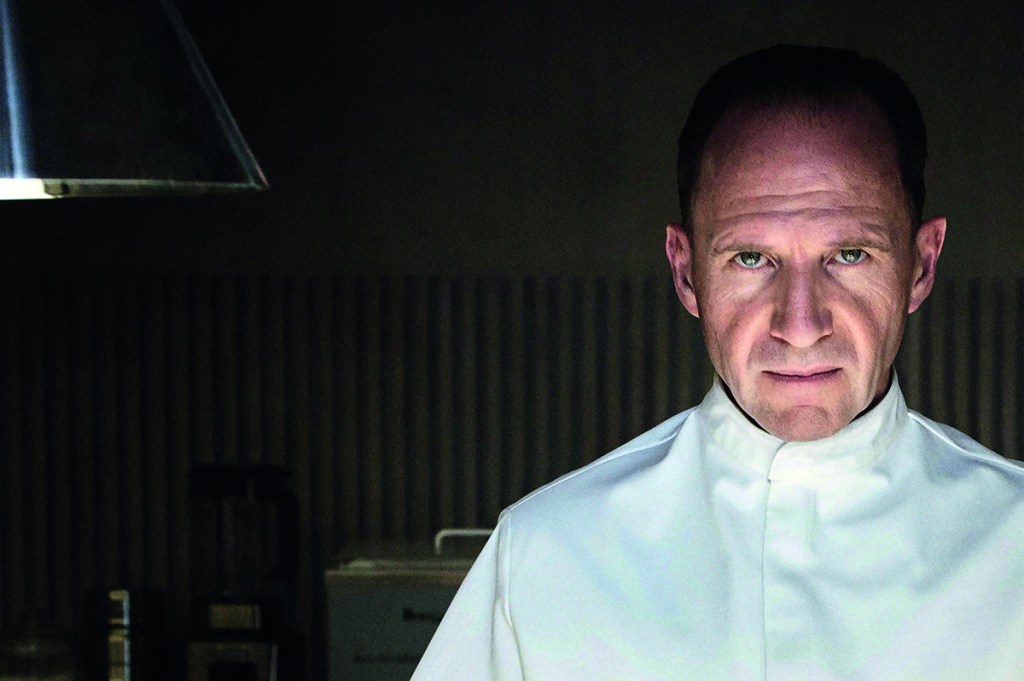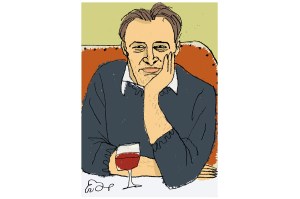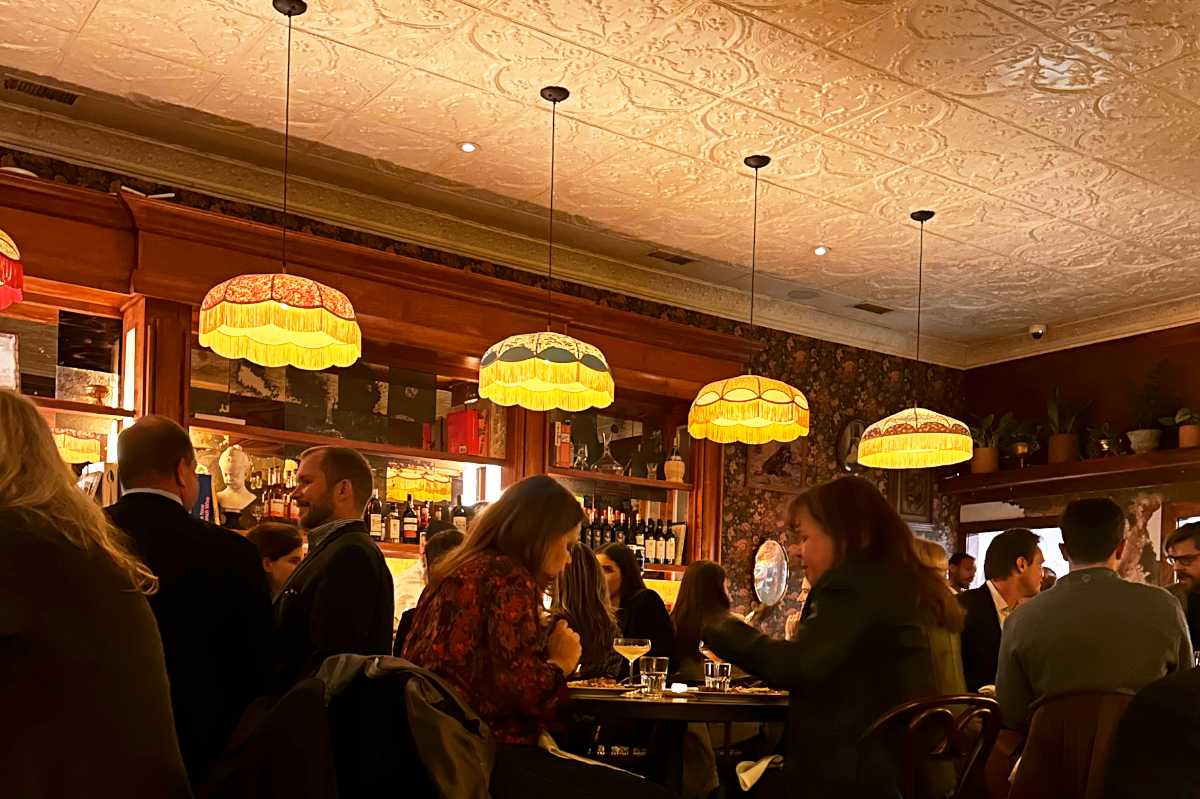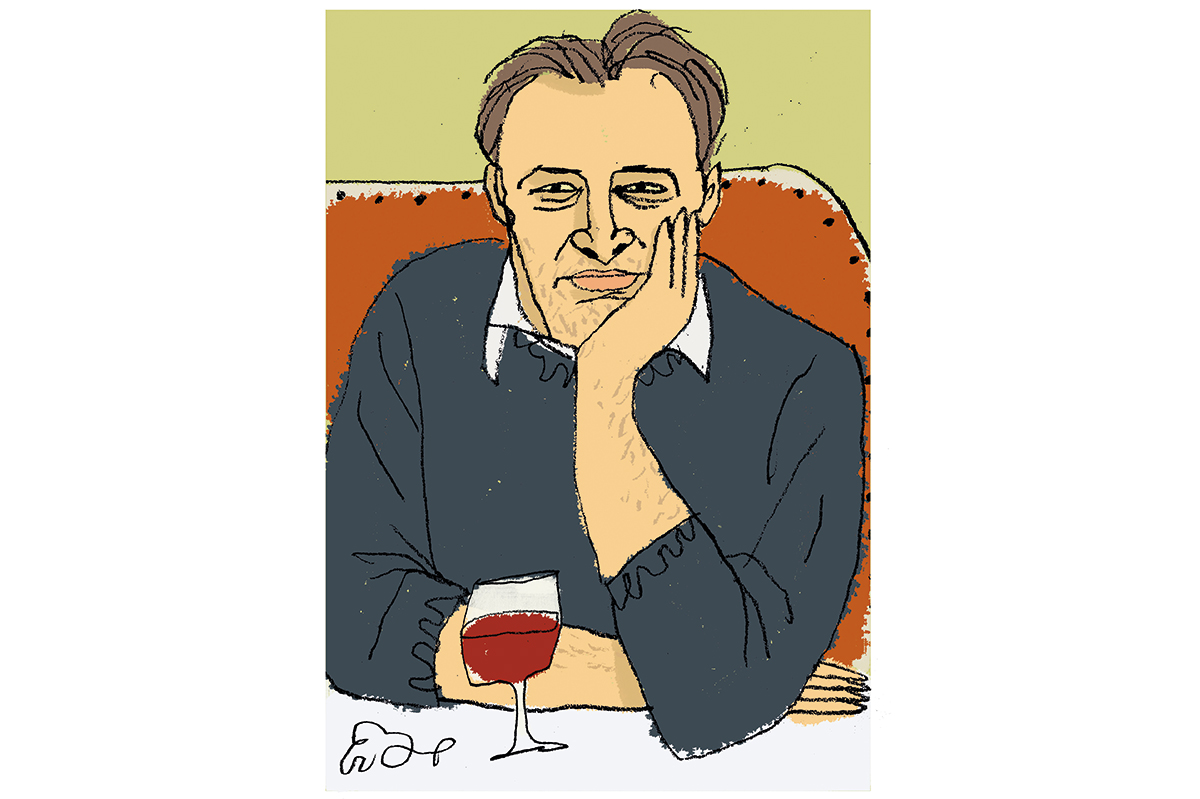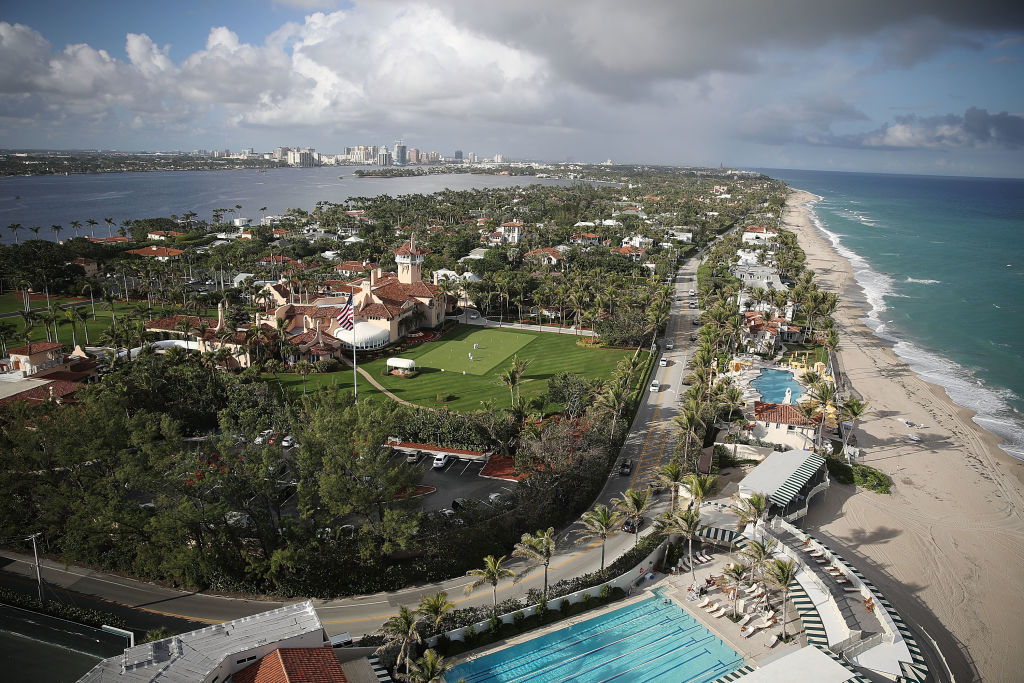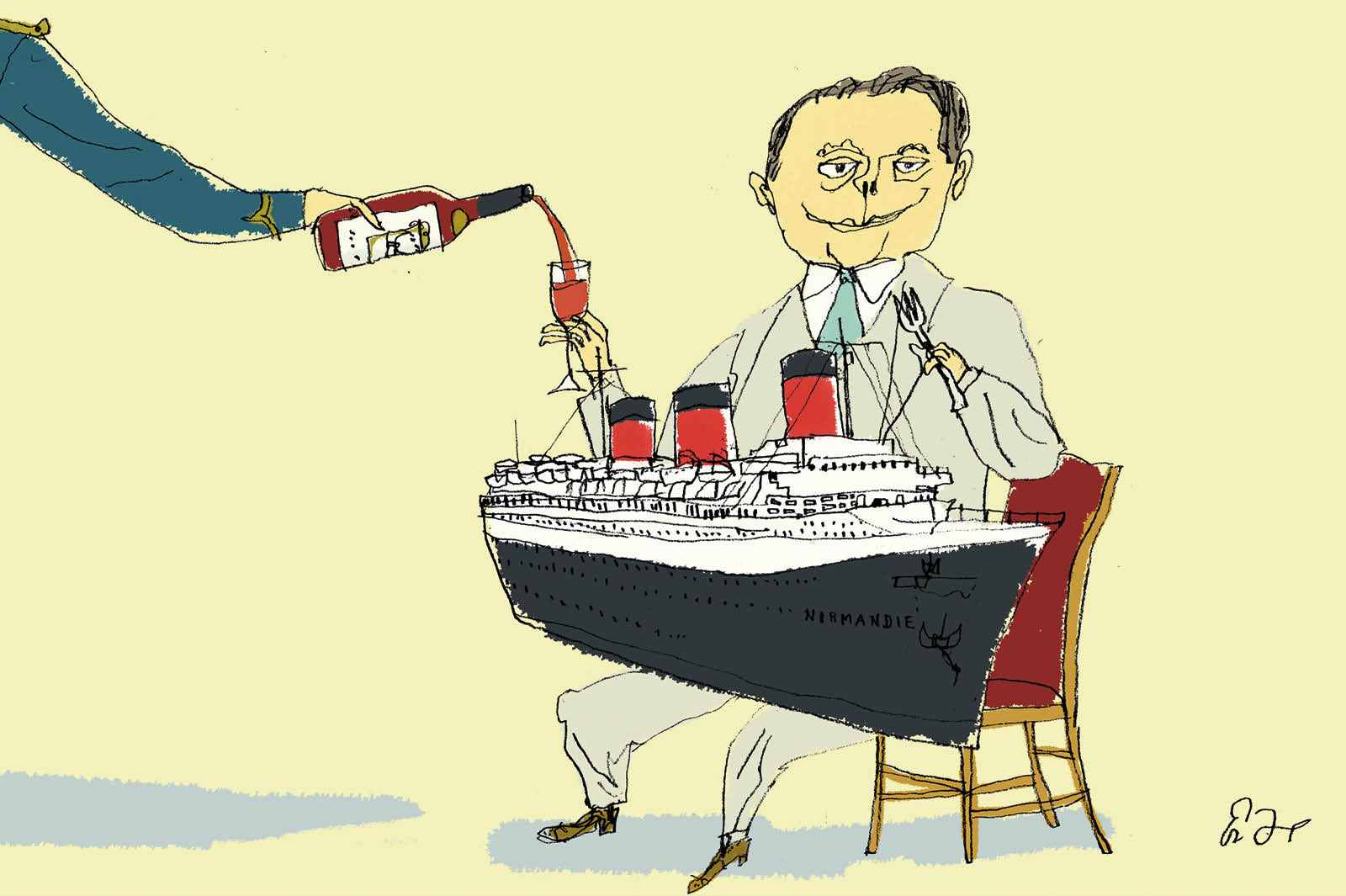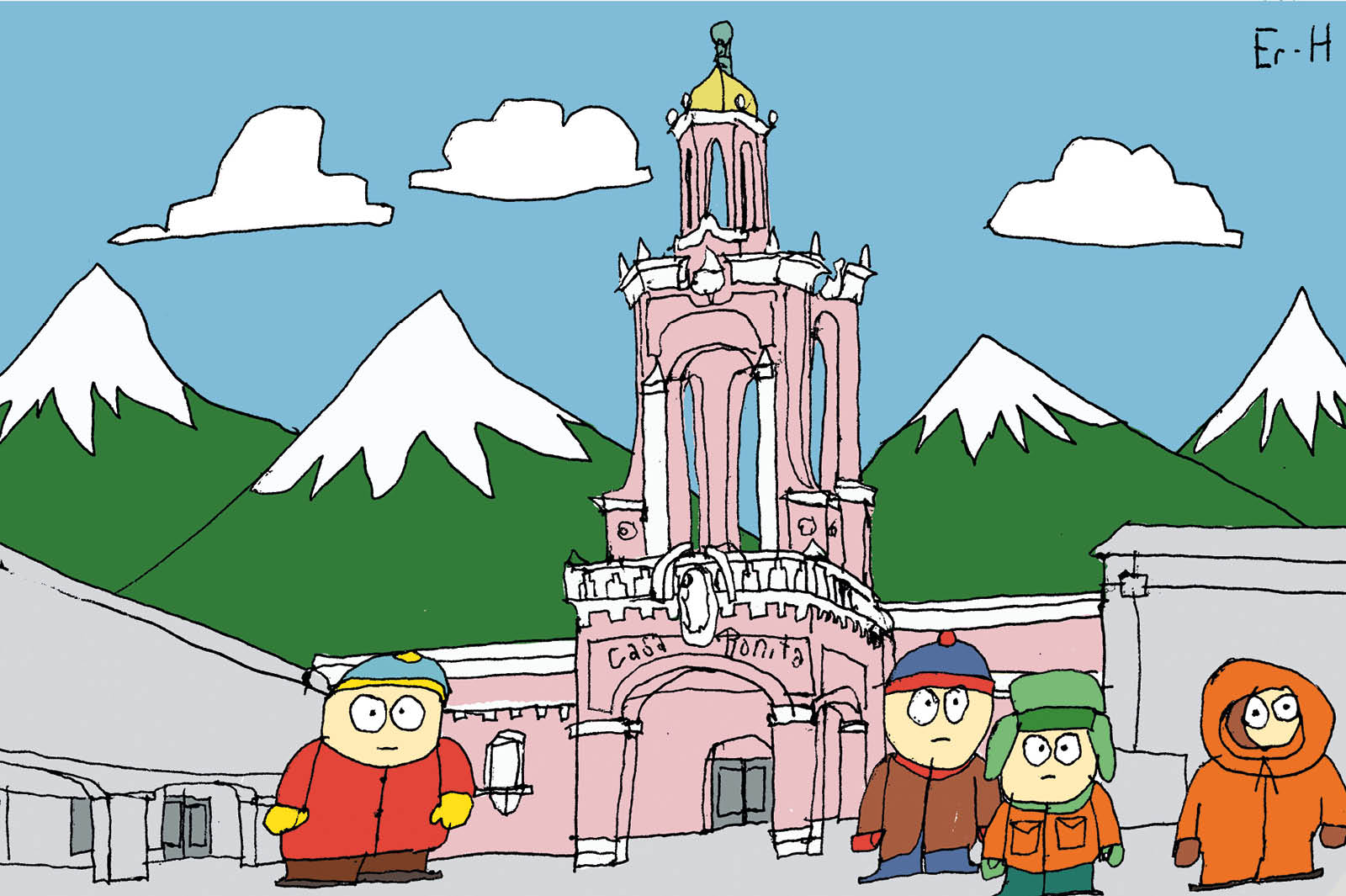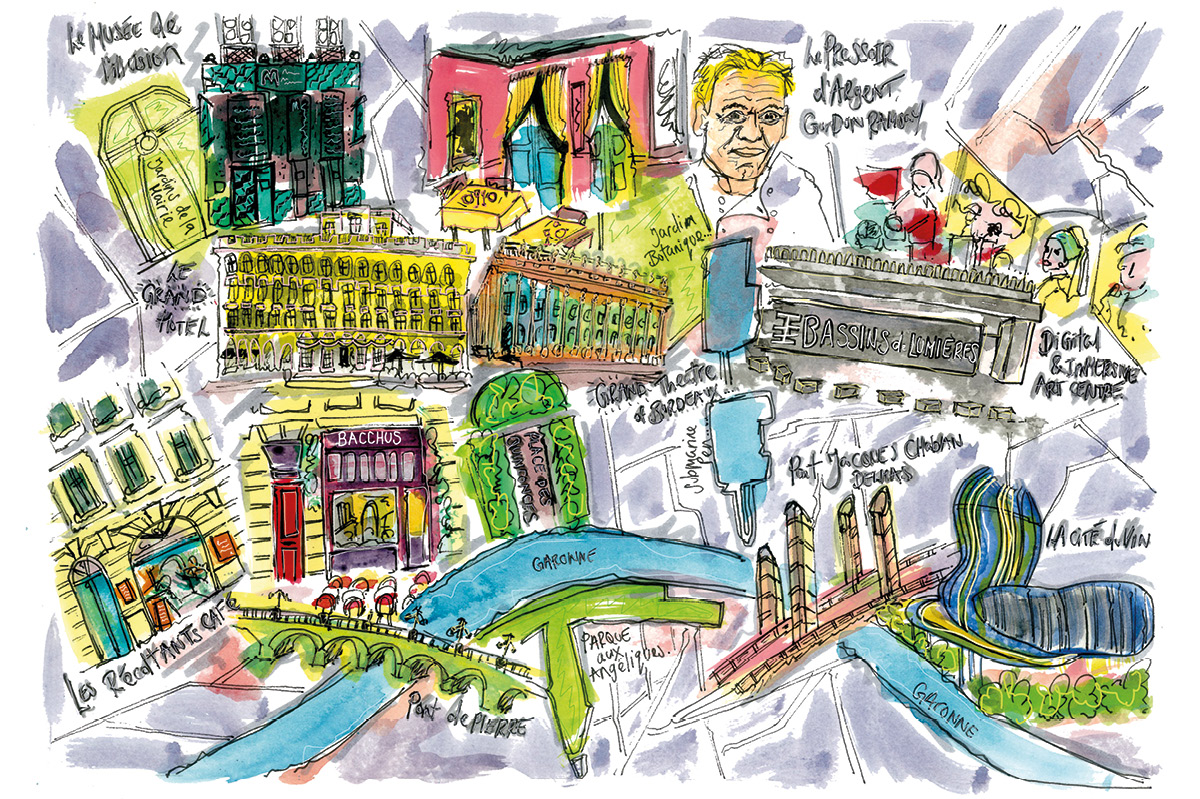The Menu is a thiller film about fine dining that revolves around a psychotic head chef (Ralph Fiennes) who runs a destination restaurant on an American island. The island is uninhabited apart from the chef and his staff, who pluck from it the most refined marine treats to serve their obnoxious clientele on a nightly surprise menu. As I sat in the cinema watching it recently, I felt delighted, then sick, then scared — and then enlightened.
Enlightened because I finally understood that fine dining — once the summit of high living and my own former obsession as a greedy twenty-something working in lifestyle journalism — is over. It is not just that in this era of obsessive authenticity and sentimentality fine dining feels passé. It’s more than that; it’s revolting, grotesque, a vulgar performance of the kind of wealth and values we no longer want to see.
There is no better sign of this than the announcement that three-Michelin-starred Noma in Copenhagen — regularly voted the best restaurant in the world and legendary in a way rankings do not capture — will close in 2024. I tried several times to gain entry through numerous channels and never even received a reply to my hopeless, hubristic query. (As a substitute, while in Copenhagen a few years ago, I walked around the restaurant and peered in its blank windows.)
René Redzepi, the chef who opened it in 2003 and pioneered the “new Nordic” cuisine of painstakingly foraged local ingredients presented in mind-bending ways, said that continuing was “unsustainable. Financially and emotionally, as an employer and as a human being, it just doesn’t work.”
Noma chefs and workers are known to put in backbreakingly long hours, as one might expect at an outfit that serves up the likes of reindeer-brain custard stuffed in a bone, or bear dumpling or reindeer penis ragout. The closure follows the announcement late last year that the restaurant would begin paying its interns — a rarity in fine dining. But the New York Times found these interns weren’t too happy; one complained her entire job was to make “fruit leather beetles.”
Some are wondering if The Menu, released in November, precipitated the end of Noma and its cult of chef worship. But it’s the other way around: the end of the Noma era, long in train, was celebrated in The Menu. The film works so well, delighting and sickening us, because the ultra-fine dining scene it sends up pulls together all the bogeymen of our time: conspicuous consumption, conspicuous arrogance, outrageous refinement for a price tag even more outrageous when, so the righteous say, the planet is burning and wars are raging; narcissistic perfectionism that goes nowhere, wealthy people and, of course, the food. The snowcapped peaks of fine dining present the antithesis of the hearty, honest staples we’re meant to love these days. Like the stews and beef idealized in the down-home, ruggedly hipsterish hit series The Bear — in which the star exchanges his deified position as a chef at restaurants including Noma in order to save a family-run sandwich shop.
Most of the objections to the conspicuous decadence of fine dining come from faulty impulses, chiefly the urge to despise the wealthy and the spectacle of their consumption. This sentiment runs deep, of course — so deep it led to the fall of Rome and, in 1789, of France — but it is nonetheless rooted in spite, pettiness and envy.
And yet. The rich, or at least those with the kind of money, time and connections required to dine at Noma, need to know how to comport themselves at different times. Now is not the moment to rave about gaining access to a night of tweezered food. The cost-of-living crisis renders it simply bad taste, something that bystanders struggling to get by, feeling that the system is rigged against them, will certainly see as an insult. Perhaps Redzepi remembered that too much insulting the little people can lead to revolution.
Then there’s the food, and the eating of it. Fine dining takes a very long time. The portions are tiny, and you inevitably lose track of what they are. At some point, what with all the little palate cleansers and amuse-bouches and between-course surprises, you notice that you’re full, or at least feel fatted. But you’re not quite sure what you’ve had, and it’s not over yet — not by a long chalk. Your body is confused. I — for the record — always handled my Michelin-starred tasting menus like a champ, but there were several times when my guests, used to more humble fare, were up in the night afterward to be sick.
And since the fine dining boom of the 2000s, our concentration spans have not gotten any better. This makes conversation over hours and hours tricky, and it makes sitting still just as tricky. Fine dining is terribly grueling to the contemporary eater; for who has the time, the attention, the appetite? And now, the money?
It’s also true that most people these days seem to have some sort of food allergy. You can’t do fine dining if you can’t do cheese, meat, bread, nuts. In short, we have moved on. The populace who used to want to splash out hundreds, if not thousands, of dollars to eat tiny mounds of glazed local shrubbery and cubes of excellent meat now prefer to spend their cash on Nutribullets, the latest Pelotons and Himalayan hikes.
The latter hold no appeal for me, but at a moment when appetites are being constantly scrutinized for their political and environmental content, I find my own narrowing along with the rest. I used to mourn the likelihood I’d never get to eat at Noma; now I’m at peace with it. Pass the McDonald’s, please.
This article was originally published in The Spectator’s March 2023 World edition.



